Blog
I had performed at Mayday for over four decades. Working as the Ceremony Cue Guy, marching in the parade with the Community Band and presenting bands in the park like the Maroons, Positive Vibrations, Beau Koo Jacks and many more. Those days are gone and a new era of Mayday has been created. So Blessings and may this continue to enlighten and brighten our community and our world!
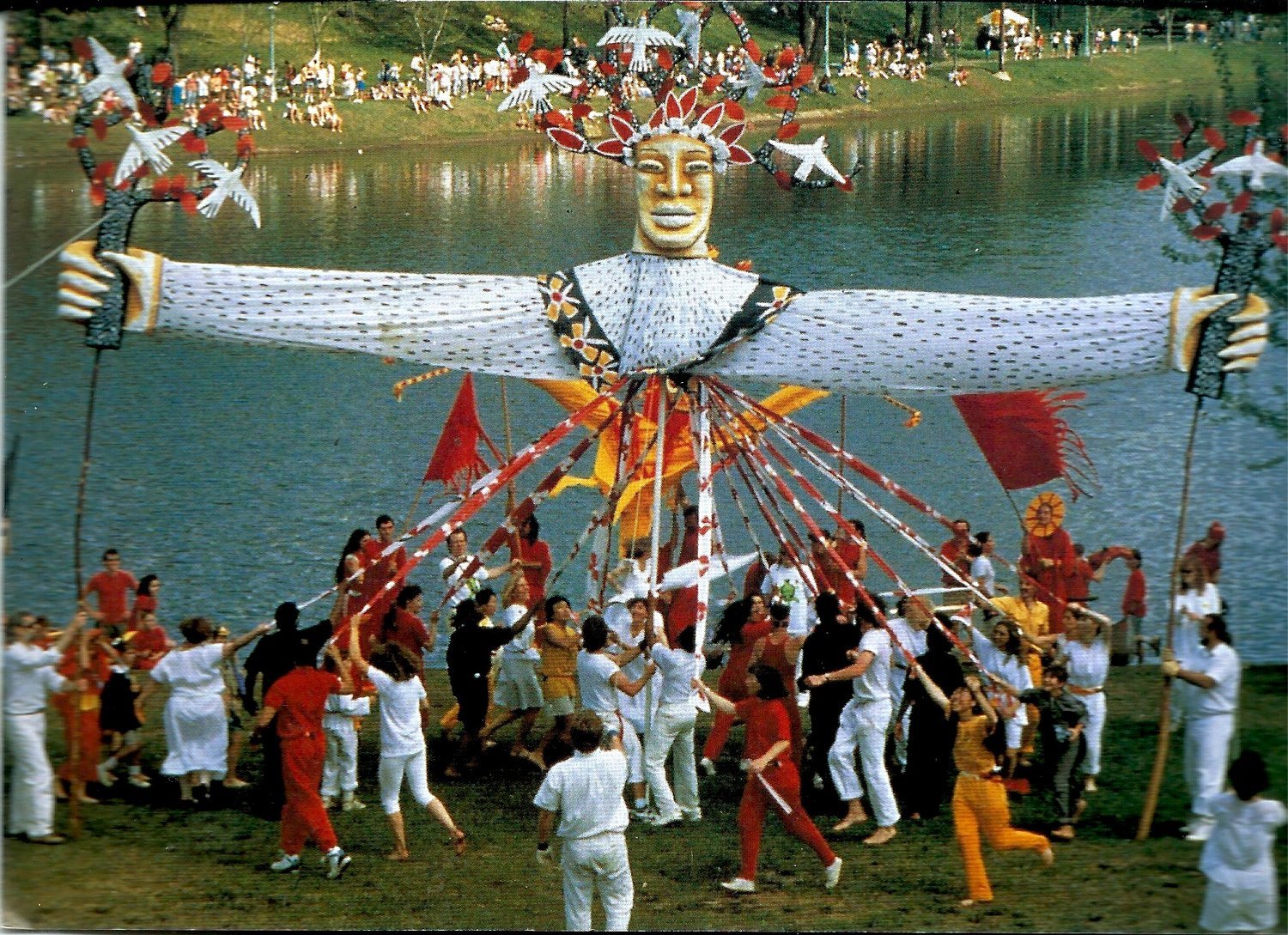
The Defeat of Jesse James second week today Sunday May 7th 2023 2pm matinee show at the History Theater in St Paul. Music with Raymond Berg, Kam Markworth, Christian Wheeler and mick laBriola.
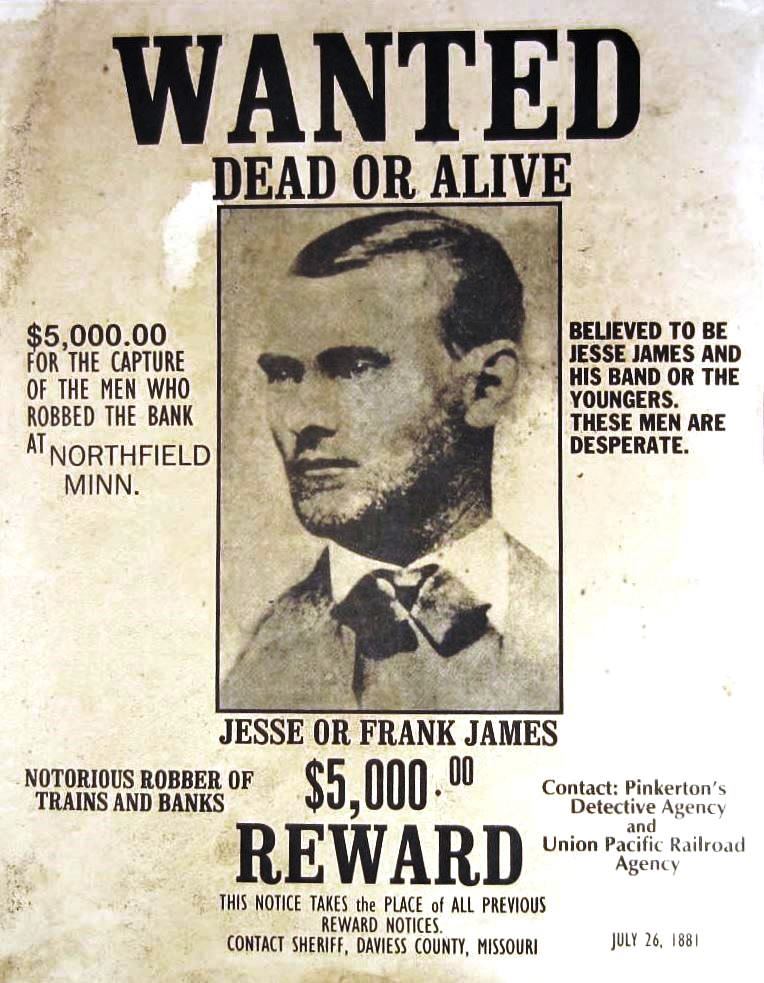
The Helix Nebula is one of brightest and closest examples of a planetary nebula, a gas cloud created at the end of the life of a Sun-like star. The outer gasses of the starexpelled into space appear from our vantage point as if we are looking down a helix. The remnant central stellar core, destined to become a white dwarf star, glows in light so energetic it causes the previously expelled gas to fluoresce. The Helix Nebula, given a technical designation of NGC 7293, lies about 700 light-years away towards the constellation of the Water Bearer (Aquarius) and spans about 2.5 light-years. The featured picturewas taken with the Canada-France-Hawaii Telescope (CFHT) located atop a dormant volcano in Hawaii, USA. A close-up of the inner edge of the Helix Nebula shows complex gas knots of unknown origin.

William Kreutzmann Jr. (/ˈkrɔɪtsmɑːn/ KROYTS-mahn; born May 7, 1946) is an American drummer and founding member of the rock band Grateful Dead. He played with the band for its entire thirty-year career, usually alongside fellow drummer Mickey Hart, and has continued to perform with former members of the Grateful Dead in various lineups, and with his own bands BK3, 7 Walkers and Billy & the Kids.
Kreutzmann was born in Palo Alto, California, the son of Janice Beryl (née Shaughnessy) and William Kreutzmann Sr. His father was of German descent. His maternal grandfather was football coach and innovator Clark Shaughnessy.
more...Admirl Amos Easton (May 7, 1905 – June 8, 1968), better known by the stage name Bumble Bee Slim, was an American Piedmont blues singer and guitarist.
Easton was born in Brunswick, Georgia, United States. Several original sources confirm that he spelled his first name “Admirl”. Around 1920 he joined the Ringling Brothers circus. He then returned to Georgia and was briefly married before heading north on a freight train to Indianapolis, where he settled in 1928. There he met and was influenced by the pianist Leroy Carr and the guitarist Scrapper Blackwell.
more...Pyotr Ilyich Tchaikovsky 7 May 1840 – 6 November 1893) was a Russian composer of the Romantic period. He was the first Russian composer whose music would make a lasting impression internationally. Tchaikovsky wrote some of the most popular concert and theatrical music in the current classical repertoire, including the ballets Swan Lake and The Nutcracker, the 1812 Overture, his First Piano Concerto, Violin Concerto, the Romeo and Juliet Overture-Fantasy, several symphonies, and the opera Eugene Onegin.
Although musically precocious, Tchaikovsky was educated for a career as a civil servant as there was little opportunity for a musical career in Russia at the time and no system of public music education. When an opportunity for such an education arose, he entered the nascent Saint Petersburg Conservatory, from which he graduated in 1865. The formal Western-oriented teaching that Tchaikovsky received there set him apart from composers of the contemporary nationalist movement embodied by the Russian composers of The Fivewith whom his professional relationship was mixed.
Tchaikovsky’s training set him on a path to reconcile what he had learned with the native musical practices to which he had been exposed from childhood. From that reconciliation, he forged a personal but unmistakably Russian style. The principles that governed melody, harmony, and other fundamentals of Russian music ran completely counter to those that governed Western European music, which seemed to defeat the potential for using Russian music in large-scale Western composition or for forming a composite style, and it caused personal antipathies that dented Tchaikovsky’s self-confidence. Russian culture exhibited a split personality, with its native and adopted elements having drifted apart increasingly since the time of Peter the Great. That resulted in uncertainty among the intelligentsia about the country’s national identity, an ambiguity mirrored in Tchaikovsky’s career.
Despite his many popular successes, Tchaikovsky’s life was punctuated by personal crises and depression. Contributory factors included his early separation from his mother for boarding school followed by his mother’s early death, the death of his close friend and colleague Nikolai Rubinstein, his failed marriage with Antonina Miliukova, and the collapse of his 13-year association with the wealthy patroness Nadezhda von Meck. Tchaikovsky’s homosexuality, which he kept private, has traditionally also been considered a major factor though some scholars have played down its importance. His dedication of his Sixth symphony to his nephew Vladimir “Bob” Davydov and his feelings expressed about Davydov in letters to others, especially following Davydov’s suicide, have been cited as evidence for a romantic love between the two. Tchaikovsky’s sudden death at the age of 53 is generally ascribed to cholera, but there is an ongoing debate as to whether cholera was indeed the cause and whether the death was accidental or intentional.
While his music has remained popular among audiences, critical opinions were initially mixed. Some Russians did not feel it was sufficiently representative of native musical values and expressed suspicion that Europeans accepted the music for its Western elements. In an apparent reinforcement of the latter claim, some Europeans lauded Tchaikovsky for offering music more substantive than base exoticism, and said he transcended stereotypes of Russian classical music. Others dismissed Tchaikovsky’s music as deficient because they did not stringently follow Western principles.
more...Johannes Brahms 7 May 1833 – 3 April 1897) was a German composer, pianist, and conductor of the mid-Romantic period. Born in Hamburg into a Lutheran family, he spent much of his professional life in Vienna. He is sometimes grouped with Johann Sebastian Bach and Ludwig van Beethoven as one of the “Three Bs” of music, a comment originally made by the nineteenth-century conductor Hans von Bülow.
Brahms composed for symphony orchestra, chamber ensembles, piano, organ, voice, and chorus. A virtuoso pianist, he premiered many of his own works. He worked with leading performers of his time, including the pianist Clara Schumann and the violinist Joseph Joachim (the three were close friends). Many of his works have become staples of the modern concert repertoire.
Brahms has been considered both a traditionalist and an innovator, by his contemporaries and by later writers. His music is rooted in the structures and compositional techniques of the Classical masters. Embedded within those structures are deeply Romantic motifs. While some contemporaries found his music to be overly academic, his contribution and craftsmanship were admired by subsequent figures as diverse as Arnold Schoenberg and Edward Elgar. The detailed construction of Brahms’s works was a starting point and an inspiration for a generation of composers.
more...The Defeat of Jesse James second week tonight Saturday May 6th 2023 730pm show at the History Theater in St Paul. Music with Raymond Berg, Kam Markworth, Christian Wheeler and mick laBriola.
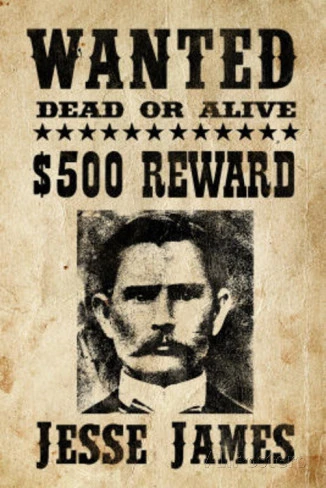
The North America Nebula (NGC 7000 or Caldwell 20) is an emission nebula in the constellationCygnus, close to Deneb (the tail of the swan and its brightest star). The shape of the nebularesembles that of the continent of North America, complete with a prominent Gulf of Mexico.
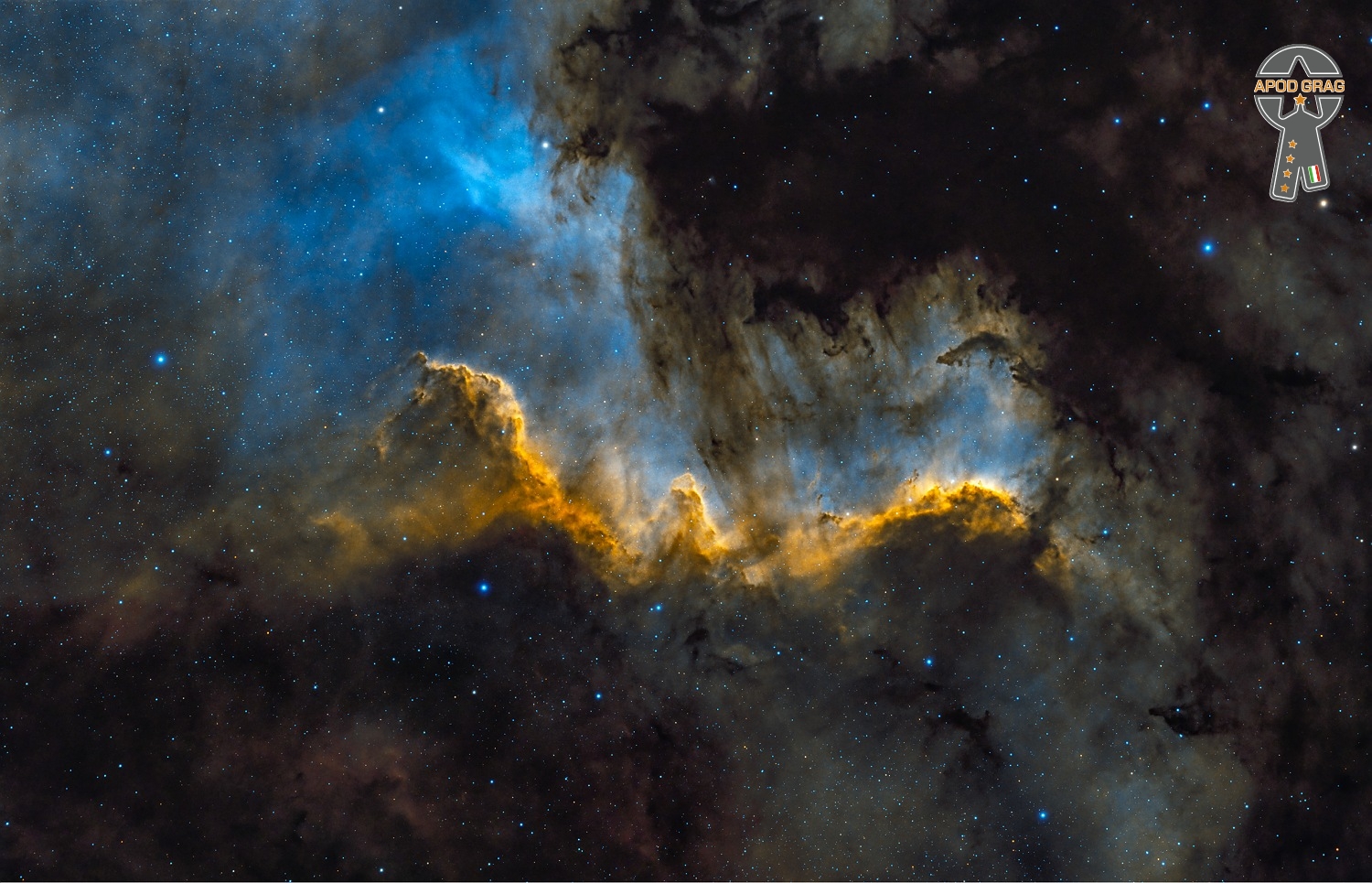
Denys Justin Wright (6 May 1924 – 8 February 1992), known professionally as Denny Wright, was a British jazz guitarist.
A session musician for many years, Wright frequently acted as arranger and “fixer” for recording sessions. He was a prolific jazz and orchestra composer. He led many bands, from small ensembles to night club bands to orchestras. He worked with Latin American and Jamaican bands, including Kenny Graham‘s Afro-Cubists and Mike McKenzie (jazz musician)‘s Quartet. He played with the Carl Barriteau orchestra, the Decca Records house band under Phil Green, and occasionally the Glenn Miller band. Wright was voted the 1980 BBC Jazz Society Musician of the Year.
During his career, he worked with Stéphane Grappelli, Lonnie Donegan, Johnny Duncan, Digby Fairweather, Ella Fitzgerald, Ken Snakehips Johnson, Billy Eckstine, Fapy Lafertin, Russ Conway, Biréli Lagrène, Humphrey Lyttelton, Nigel Kennedy, and George Shearing.
Although best known as a guitarist, his favourite instrument was piano, the only musical instrument he would play at home. Travellin’ Blues by Johnny Duncan and the Bluegrass Boys feature Wright’s piano playing.
more...David Friesen (born May 6, 1942 in Tacoma, Washington) is an American jazz bassist. He plays double bass and electric upright bass.
Friesen began playing bass while serving in the United States Army in Germany. He played with John Handyand Marian McPartland and following this, with Joe Henderson; in 1975, he toured in Europe with Billy Harper. His first album as a session leader appeared that year. In 1976, he began collaborating with guitarist John Stowell; the pair would work together often. He appeared with Ted Curson at the Monterey Jazz Festival in 1977. Following this, he worked with Ricky Ford, Duke Jordan, Mal Waldron, and Paul Horn. His 1989 album Other Times, Other Places reached No. 11 on the U.S. Billboard Top Jazz Albums chart. He has also played with Chick Corea, Michael Brecker, Stan Getz, Dexter Gordon, Kenny Garrett, Dizzy Gillespie, and Mal Waldron.
more...Hasaan Ibn Ali (born William Henry Langford, Jr.; May 6, 1931 – 1980) was an American jazz pianist and composer.
Ibn Ali was strongly influenced by Elmo Hope, and his playing was rapid and intense, retaining a sense of rhythm even when his style became increasingly unconventional. Only one recording of his playing – The Max Roach Trio Featuring the Legendary Hasaan – was released in his lifetime. Ibn Ali built a reputation in Philadelphia, where he influenced musicians including John Coltrane, but he remained little known elsewhere.
Hasaan Ibn Ali was born William Henry Langford, Jr. in Philadelphia on May 6, 1931. His mother was a domestic worker. In 1946 (aged 15), he toured with trumpeter Joe Morris‘s rhythm and blues band. In 1950, he played locally with Clifford Brown, Miles Davis, J. J. Johnson, Max Roach, and others. Based in Philadelphia, Ibn Ali freelanced and acquired a reputation locally as “an original composer and theorist”, in musicologist Lewis Porter‘s words. The pianist performed with Horace Arnold in New York City in 1959, and again in 1961–62, in a trio with Henry Grimes.
more...The Defeat of Jesse James second week tonight Friday May 5th 2023 730pm show at the History Theater in St Paul. Music with Raymond Berg, Kam Markworth, Christian Wheeler and mick laBriola.
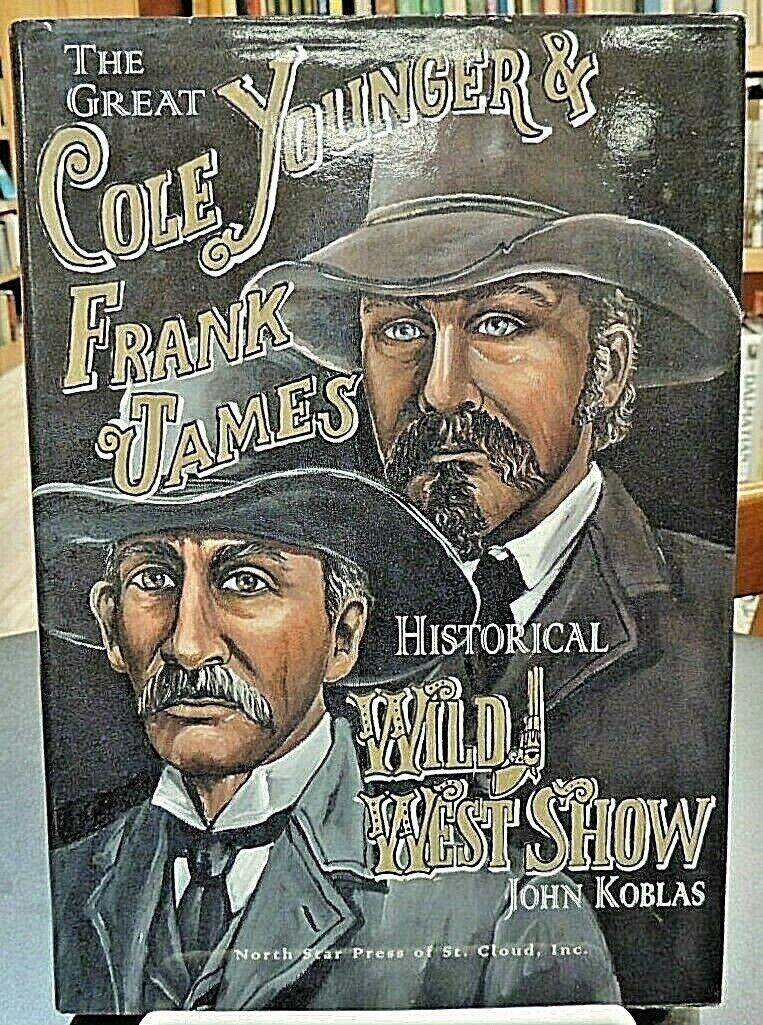
Blue cosmic cloud begins the van den Bergh Catalog (vdB) of stars surrounded by reflection nebulae. Interstellar dust clouds reflecting the light of the nearby stars, the nebulae usually appear blue because scattering by the dust grains is more effective at shorter (bluer) wavelengths. The same type of scattering gives planet Earth its blue daytime skies. Van den Bergh’s 1966 list contains a total of 158 entries more easily visible from the northern hemisphere, including bright Pleiades cluster stars and other popular targets for astroimagers. Less than 5 light-years across, VdB1 lies about 1,600 light-years distant in the constellation Cassiopeia. Also on this scene, two intriguing nebulae at the right show loops and outflow features associated with the energetic process of star formation. Within are extremely young variable stars V633 Cas (top) and V376 Cas.

More Posts
- Chrissie Hynde
- Buddy Holly
- Little Milton
- Sonny Rollins
- World Music Lele Lele Orchestra
- Daily Roots with King Ras John
- Temple Israel Erev Shabbat Service
- Cosmos MACS-J0417.5-1154
- Roger Waters
- Eddie Duran
- Charles Moffett
- Jimmy Reed
- Flamenco Fridays Vicente Amigo
- Daily Roots Rudolph Francis
- Cosmos NGC 253
- Dweezil Zappa
- Buddy Miles
- Loudon Wainwright
- Amy Beach
- John Cage